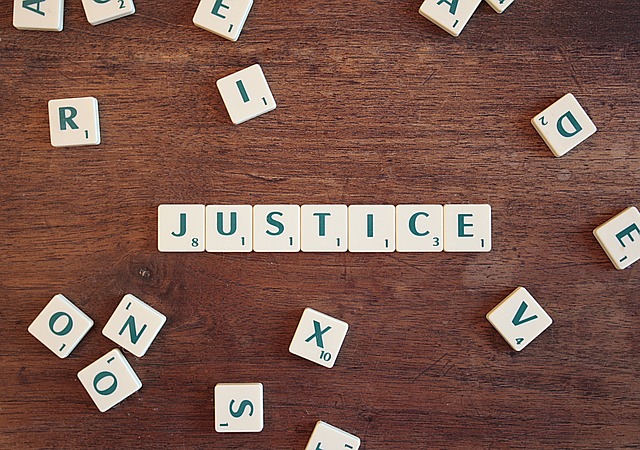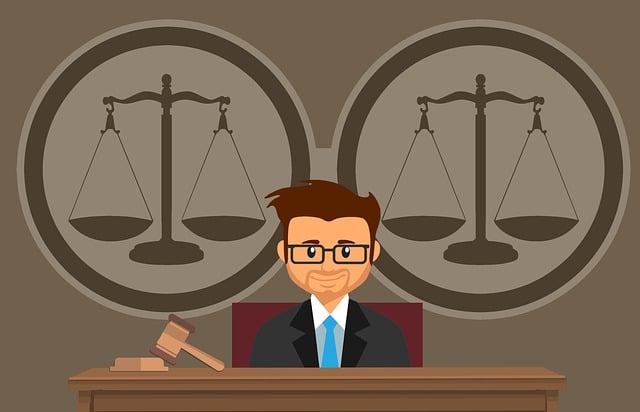Litigation Support Services play a vital role in ensuring fairness and justice in legal proceedings, employing technology and expertise for evidence management, analysis, and presentation. These services tackle complex tasks like electronic discovery and data analytics to assist lawyers in building robust cases. Understanding How Due Process Affects Sentencing is crucial for these services, especially in white-collar crimes, as it guarantees fair treatment for defendants and victims, mitigating risks of indictment and leading to just outcomes through strict adherence to due process frameworks.
“Discover the intricate world of Litigation Support Services, a vital component in legal proceedings. This comprehensive guide explores ‘Understanding Litigation Support Services’ and delves into the critical role of due process within criminal sentencing practices.
We analyze ‘How Due Process Affects Sentencing’, shedding light on its impact on fairness and effectiveness. By examining these key aspects, readers will gain valuable insights into the intricate balance between legal procedures and their influence on justice.”
- Understanding Litigation Support Services: A Comprehensive Guide
- The Role of Due Process in Criminal Sentencing: An In-Depth Analysis
- Impact of Due Process on Fair and Effective Sentencing Practices
Understanding Litigation Support Services: A Comprehensive Guide

Litigation Support Services play a pivotal role in legal proceedings, ensuring fairness and justice are upheld throughout the entire process. These services encompass a wide range of activities designed to support lawyers and judges, from case preparation to trial execution. Understanding how these services function is crucial, especially when considering factors like how due process affects sentencing.
By leveraging technology and specialized expertise, litigation support professionals help in evidence collection, analysis, and presentation, enabling legal teams to build compelling cases for their clients. Their work often involves complex tasks such as electronic discovery, data analytics, expert witness management, and trial visualization tools. Ultimately, these services contribute to achieving extraordinary results for clients while ensuring that the legal process remains robust and avoiding indictment where applicable.
The Role of Due Process in Criminal Sentencing: An In-Depth Analysis

The due process clause, a cornerstone of criminal justice systems, plays a pivotal role in shaping the sentencing phase of legal proceedings. This fundamental principle ensures that individuals accused of crimes are afforded fair and just treatment throughout the entire judicial process, including sentencing. When applied appropriately, due process acts as a safeguard against arbitrary or unfair decisions, guaranteeing the rights of both defendants and victims.
Understanding how due process affects sentencing is crucial in the realm of litigation support services, especially for complex cases involving white-collar offenses. An unprecedented track record of successful defense strategies often relies on meticulous navigation of due process requirements. By ensuring that every step of the sentencing process adheres to these guidelines, legal professionals can achieve extraordinary results, protecting the rights of their clients while upholding the integrity of the judicial system.
Impact of Due Process on Fair and Effective Sentencing Practices

The concept of due process is a cornerstone in ensuring fair and effective sentencing practices. It dictates the procedures that must be followed during legal proceedings, providing individuals with the right to be heard and ensuring their rights are protected. In the context of litigation support services, especially when representing clients facing criminal charges, adhering to due process is paramount. By meticulously navigating this framework, legal professionals can help clients navigate a complex system, ultimately leading to more just outcomes.
Avoiding indictment through proper due process allows for a more balanced approach to sentencing. This meticulous process ensures that evidence is presented fairly, and every party involved has the chance to challenge or provide counterarguments. As such, it fosters an unprecedented track record of successful defenses, where individuals receive sentences commensurate with their respective business within the legal framework, rather than those driven by arbitrary factors or biases.
Litigation Support Services play a pivotal role in ensuring fair and effective sentencing practices, especially regarding due process. By providing comprehensive legal guidance and analysis, these services help navigate complex procedures, ultimately contributing to more just outcomes. Understanding the impact of due process on sentencing is crucial for promoting transparency and equality within the criminal justice system. This article has delved into these aspects, highlighting how a thorough examination of due process can revolutionize our approach to criminal sentencing.






